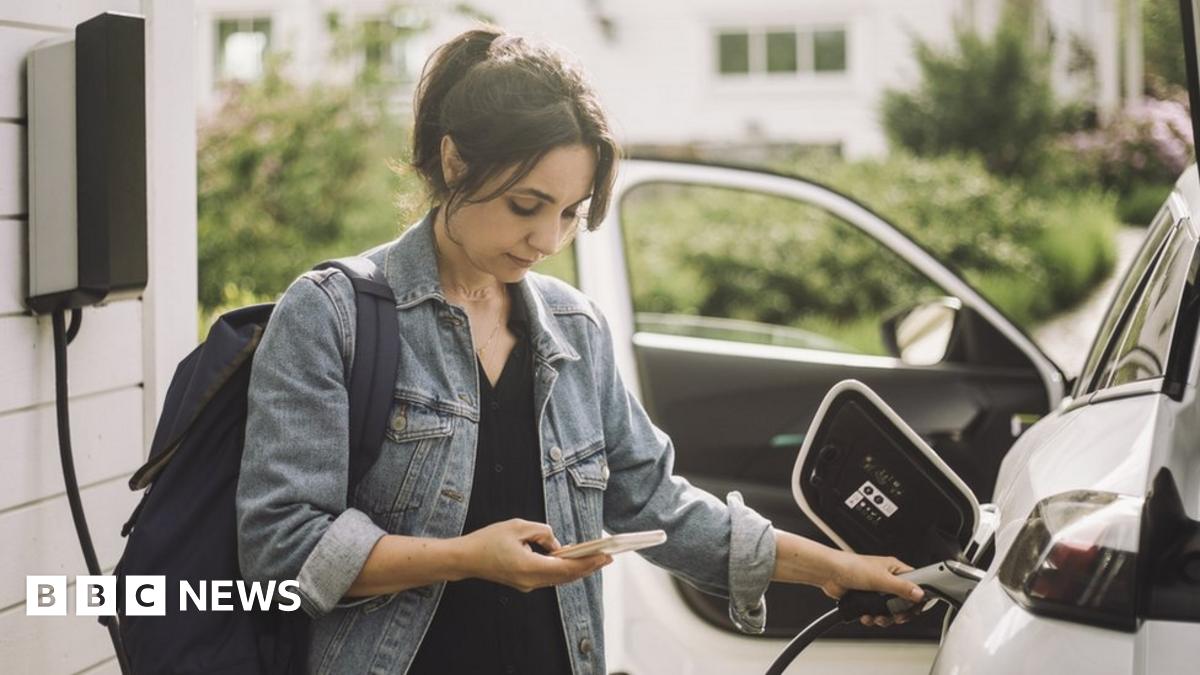Because they don't want to be undercut by knuckle draggers like Toyota who have frankly resisted producing anything other than compliance EV's for as long as they possibly can.
It would have also probably have been cheaper for them to transition in Europe over a longer period of time and potentially could have build their own platform instead of paying a direct competitor for their (not keeping up with the competition) MEB platform.
It would have also probably have been cheaper for them to transition in Europe over a longer period of time and potentially could have build their own platform instead of paying a direct competitor for their (not keeping up with the competition) MEB platform.
Last edited:




